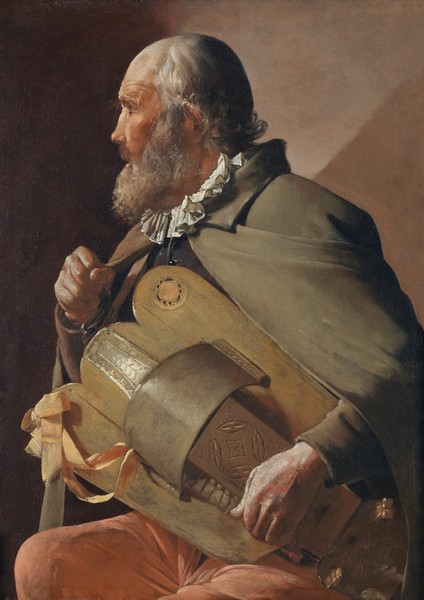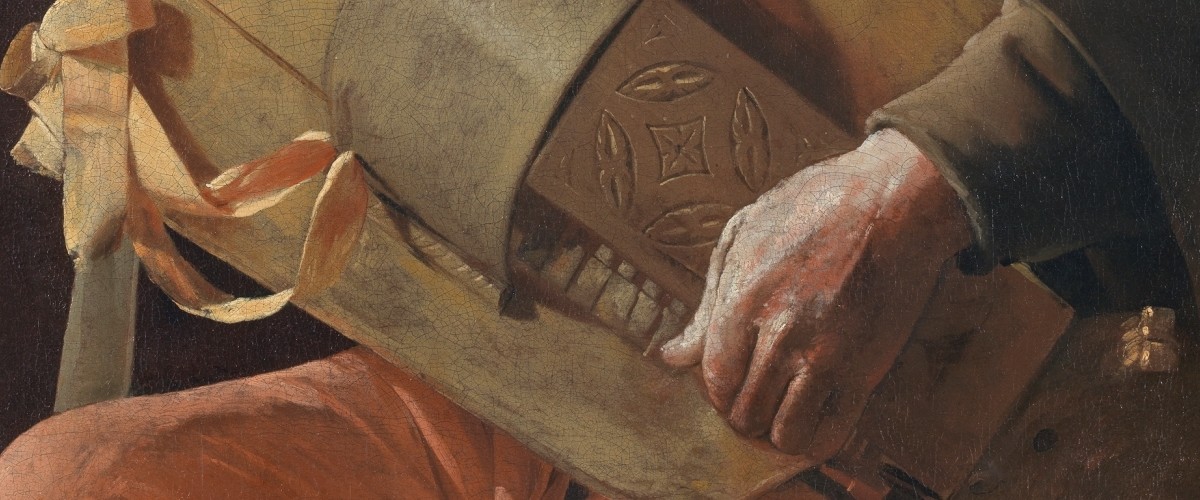
The Club Wagner Barcelona regularly organizes (of course) Wagner-related activities for its members. But, from time to time, other composers are present, and I was invited a few weeks ago to talk about Schubert's Winterreise.
I referred in the introduction to the difficult way of the cycle until it set in the repertoire. No one expected in 1827 a complete cycle to be performed; when forty years later cycles arrived at concerts, thanks to the eccentric initiatives of Julius Stockhausen, Winterreise was put aside. It wasn't until 1928, when the centenary year of Schubert's death was commemorated, that the work began to be studied and performed. The tragedy that Europe had just experienced, the instability of those years and the horror that approached weren't alien to the reception of the cycle; technology also had to do, with the spread of radio broadcasts and the improved quality of recordings. When the war ended, Winterreise was a well-understood, recognized, loved, and highly performed work.
Time allows us to understand how Schubert and his Winterreise gained everybody's respect, but I must admit I cannot find any explanation for the decline of the poet of Winterreise, Wilhelm Müller. Müller, three years older than Schubert, was highly regarded and respected in his time by German intellectual circles; for his own work, for the new editions of medieval German works, for the translation of English works (ancient and contemporary)... Müller was a brilliant man, and hadn't he died in his sleep at thirty-two, his work would probably have continued to grow and to arouse admiration. For some reason, a poet praised by Heinrich Heine (a leading figure in German literature that didn't use to flatter his colleagues) became someone treated with disdain and almost contempt by our contemporaries. Müller is usually described as a little known and intranscendent poet, someone who was fortunate enough that Schubert notice his poems, which have even been described as mediocre.
Müller is little known, that's true, as many other writers whose work hasn't been republished. He didn't get to know that Schubert noticed his poems; we lied lovers are lucky he did it and created wonderful masterpieces. But, mediocre poems? Really? We know that a masterpiece can be written from a simple poem. However, our intuition tells us that two cycles (forty-four songs) that have been studied (and are studied) up to the last word and the last note, that produced numerous essays, needless to say academic articles, whose music and poetic images overwhelm the listeners, which we live so intensely, cannot originate in mediocre verses.
I would have liked to talk about all this at the Club Wagner, but time was short, and I chose to recommend to the audience a book, El viatge d'hivern, that is, Wilhelm Müller's Die Winterreise in the Catalan version of poet Miquel Desclot. The first part of the book explains Müller's life and work, and the fine translations show the beauty of his poems. I assume that if you're reading my poor English is because you can't read Catalan, so you won't possibly read this new brand version of Die Winterreise. But, even in this case, I consider it's always good news when a literary version of our poems (the poems we listen) is published; I talked about it some years ago in our alphabet, when T was for Translation. And good news are always worth sharing, even if that means that the English version of the post differs from the Catalan article; it happens from time to time.
Miquel Desclot is one of the most well-known Catalan poets, and he's also a usual translator of poetry. To mention just a few examples of his works related to Art Song, he has recently published, besides El viatge d'hivern, Cançoner, the 366 poems included in Petrarca's Il Canzionere (which brings us to Liszt), and La bella dama sense pietat. Interpretacions poètiques de l'anglès, where we find, for instance, his versions of English poems (and songs) as La belle Dame sans Mercy by Keats, Is my team ploughing by Housman, On this Island by Auden or King David by De la Mare. And he has good taste in music, too; when I asked him to choose the musical illustration of this post, his answer was: "Der Leiermann, performed by Thomas Quasthoff and Charles Spencer". I hope you enjoy his choice!
Drüben hinter’m Dorfe
Steht ein Leiermann,
Und mit starren Fingern
Dreht er was er kann.
Barfuß auf dem Eise
Wankt er hin und her;
Und sein kleiner Teller
Bleibt ihm immer leer.
Keiner mag ihn hören,
Keiner sieht ihn an;
Und die Hunde knurren
Um den alten Mann.
Und er läßt es gehen
Alles, wie es will,
Dreht, und seine Leier
Steht ihm nimmer still.
Wunderlicher Alter,
Soll ich mit dir gehn?
Willst zu meinen Liedern
Deine Leier drehn?
If you need an English translation please visit this link: https://www.hyperion-records.co.uk/tw.asp?w=W912



 A couple...
A couple...













Comments powered by CComment